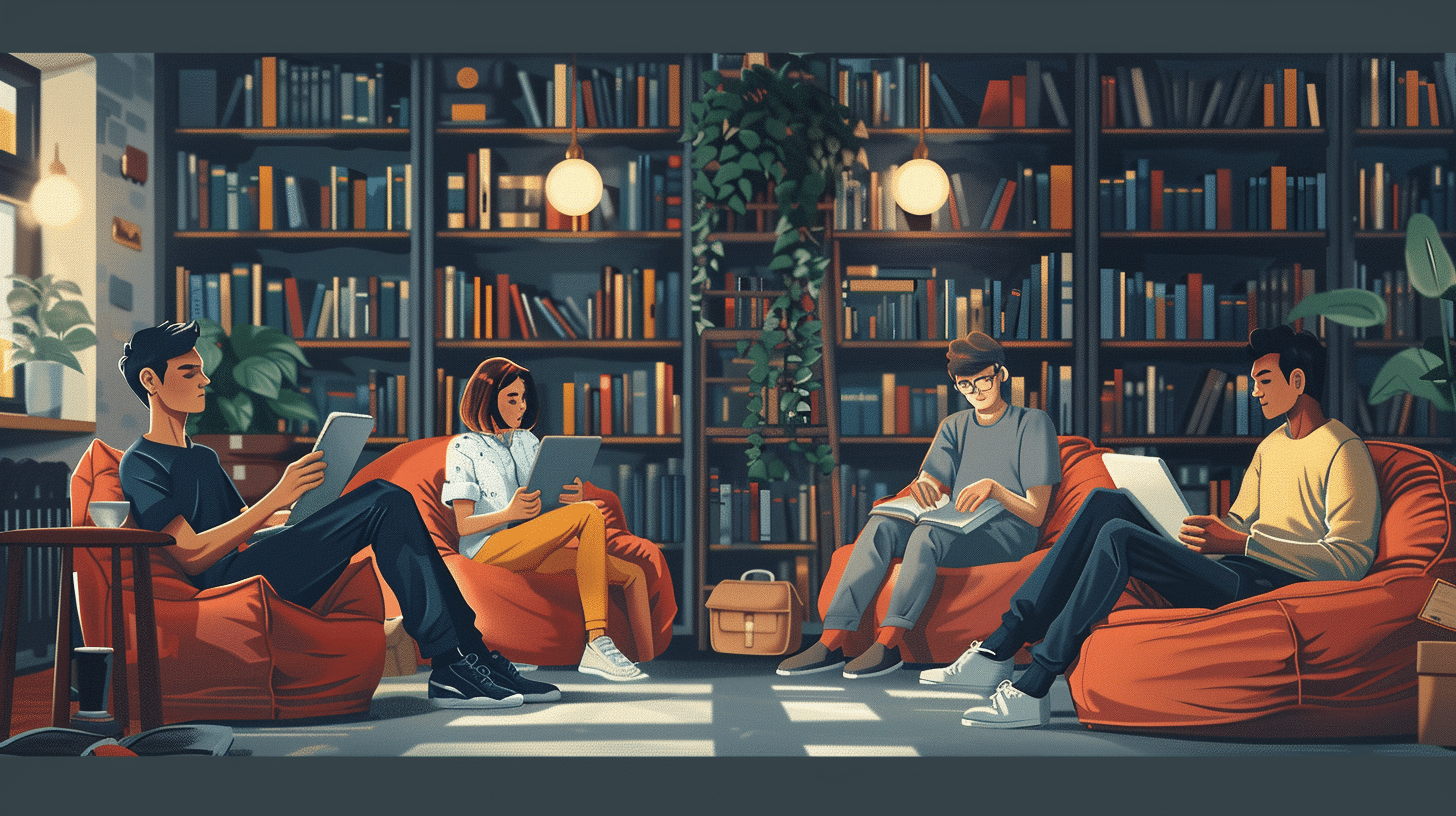Pick a language and start learning!
Possessive pronouns Exercises in Polish language

Mastering possessive pronouns in Polish is essential for anyone looking to achieve fluency in the language. These pronouns help indicate ownership and are a crucial part of daily communication. Polish possessive pronouns, like "mój" (my), "twój" (your), "jego" (his), and "jej" (her), must agree in gender, number, and case with the noun they modify. This means that understanding how to correctly use these pronouns requires a solid grasp of Polish grammar rules. By practicing possessive pronouns, learners can significantly improve their ability to construct clear and accurate sentences.
In this section, you'll find a series of grammar exercises designed to help you become proficient in using Polish possessive pronouns. These exercises will guide you through various scenarios, ensuring you can apply the correct pronouns in different contexts. From simple sentences to more complex structures, each exercise aims to reinforce your understanding and help you internalize the rules governing possessive pronouns. Whether you're a beginner or looking to refine your skills, these exercises will provide the practice you need to confidently navigate conversations and written communication in Polish.
Exercise 1
<p>1. *Mój* dom jest bardzo duży (my house).</p>
<p>2. Czy to jest *twoja* książka? (your book, singular informal).</p>
<p>3. Oni mieszkają w *ich* nowym mieszkaniu (their apartment).</p>
<p>4. *Nasza* szkoła jest najlepsza w mieście (our school).</p>
<p>5. Anna zgubiła *swoje* klucze (her keys).</p>
<p>6. Czy mogę pożyczyć *twój* długopis? (your pen, singular informal).</p>
<p>7. To jest *jego* samochód (his car).</p>
<p>8. *Wasze* dzieci są bardzo grzeczne (your children, plural informal).</p>
<p>9. Marta kupiła *swoje* ulubione ciasto (her favorite cake).</p>
<p>10. *Ich* ogród jest pięknie utrzymany (their garden).</p>
Exercise 2
<p>1. To jest *mój* samochód (my car).</p>
<p>2. Czy to jest *twoja* książka? (your book).</p>
<p>3. Oni odwiedzili *swojego* dziadka (their grandfather).</p>
<p>4. To jest *nasz* dom (our house).</p>
<p>5. Czy tamta torba jest *jej*? (her bag).</p>
<p>6. Znalazłem *jego* klucze (his keys).</p>
<p>7. Czy to są *wasze* bilety? (your tickets, plural).</p>
<p>8. To jest *ich* pies (their dog).</p>
<p>9. Mam *moje* dokumenty (my documents).</p>
<p>10. Czy to są *twoje* okulary? (your glasses).</p>
Exercise 3
<p>1. To jest *mój* dom (my house).</p>
<p>2. Czy to jest *twoja* książka? (your book, singular).</p>
<p>3. Anna zapomniała *swojego* zeszytu (her notebook).</p>
<p>4. To są *nasze* psy (our dogs).</p>
<p>5. Oni odwiedzili *swojego* dziadka (their grandfather).</p>
<p>6. Czy to jest *wasz* samochód? (your car, plural).</p>
<p>7. Moja babcia mieszka w *swoim* domu (her house).</p>
<p>8. To jest *jego* komputer (his computer).</p>
<p>9. Czy to jest *jej* telefon? (her phone).</p>
<p>10. To są *ich* dzieci (their children).</p>







